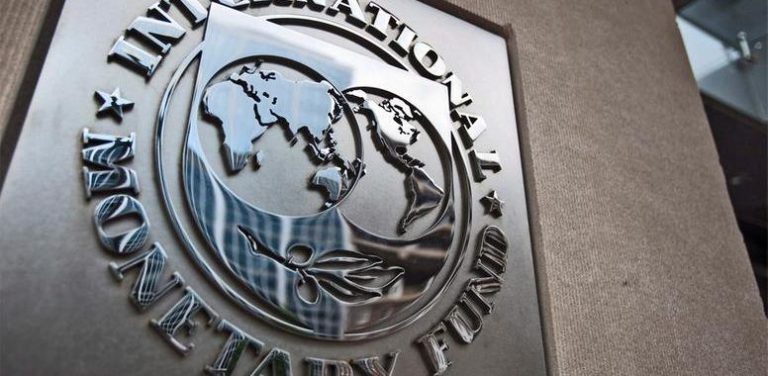The International Monetary Fund has said that Nigeria allocates the majority of its revenue to debt servicing, leaving limited funds for critical development projects.
Speaking during the Fiscal Monitor press briefing at the ongoing IMF/World Bank Annual Meetings in Washington DC, Davide Furceri, Division Chief of the IMF’s Fiscal Affairs Department, emphasised the need for Nigeria to adopt more effective revenue mobilisation strategies to ease this financial burden.
Furceri noted that Nigeria’s debt service-to-revenue ratio stands at around 60 per cent, significantly constraining the government’s ability to invest in social and economic programmes.
Although the debt service-to-GDP ratio has declined from nearly 100 per cent to 60 per cent, he stressed that the country must further reduce the share of its revenue allocated to debt repayments by focusing on broadening its tax base.
He said, “There is a need to grow the revenue-to-GDP ratio. For a country Like Nigeria, the Debt Service-to-Revenue is about 60 per cent. What that means is that a larger part of the revenue of the country goes into debt servicing. What we recommend for countries like Nigeria, if they can improve their revenue mobilisation, they will be able to reduce the portion of the revenue that goes into debt servicing.
“It is important to broaden the tax base in order to have more revenue and especially in Nigeria to put in place a system and mechanism that is transparent and efficient to assist the government in collecting more revenue.”
He called for the implementation of a transparent and efficient tax collection system, urging the government to improve its fiscal operations to generate more income.
Also, the IMF’s Fiscal Monitor Report released on Thursday highlighted projections that Nigeria’s debt-to-GDP ratio, currently at 50.7 per cent, is expected to drop to 49.6 per cent by 2025.
It noted that the country’s public debt includes overdrafts from the Central Bank of Nigeria and liabilities from the Asset Management Corporation of Nigeria.
“The overdrafts and government deposits at the Central Bank of Nigeria almost cancel each other out, and the Asset Management Corporation of Nigeria debt is roughly halved.” The report noted.
Further projections show the debt-to-GDP ratio declining to 48.5 per cent in 2026 and 48.2 per cent in 2027, with a slight rise to 48.8 per cent in 2028 and 49.1 per cent in 2029.
The IMF emphasised that alongside revenue growth, the government must implement targeted social safety nets to cushion the effects of inflation and environmental challenges on vulnerable groups.
